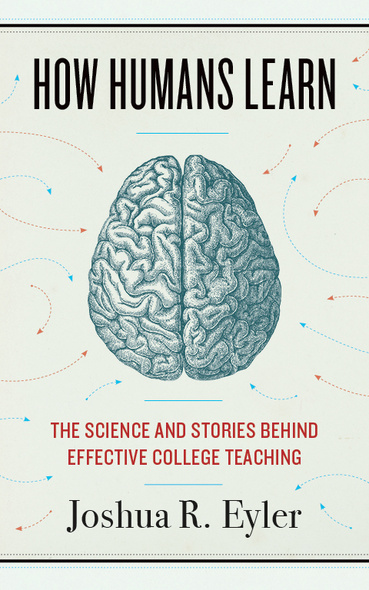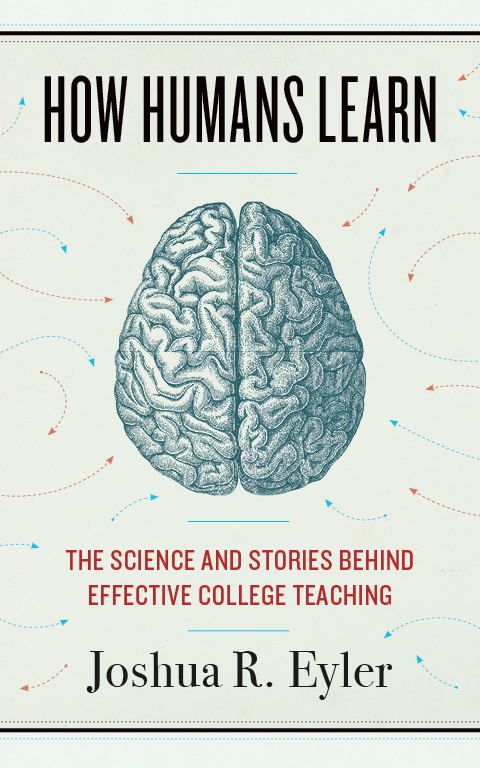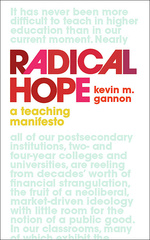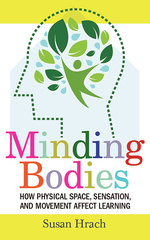How Humans Learn
The Science and Stories behind Effective College Teaching
Even on good days, teaching is a challenging profession. One way to make the job of college instructors easier, however, is to know more about the ways students learn. How Humans Learn aims to do just that by peering behind the curtain and surveying research in fields as diverse as developmental psychology, anthropology, and cognitive neuroscience for insight into the science behind learning.
The result is a story that ranges from investigations of the evolutionary record to studies of infants discovering the world for the first time, and from a look into how our brains respond to fear to a reckoning with the importance of gestures and language. Joshua R. Eyler identifies five broad themes running through recent scientific inquiry—curiosity, sociality, emotion, authenticity, and failure—devoting a chapter to each and providing practical takeaways for busy teachers. He also interviews and observes college instructors across the country, placing theoretical insight in dialogue with classroom experience.
A wonderful tool for reflection on one's own teaching practice, a way to catalog one's own values and how we put them into practice in the classroom and out.'
Inside Higher Ed
Joshua R. Eyler, who directs the Rice University Center for Teaching Excellence, has done all teachers—and all people curious about learning—a major service with this book.'
Chicago Tribune
'A splendid repository of ways to rethink how we teach college.'
Los Angeles Review of Books
A warm, humane little book—a scientifically informed reminder that even in college, students and teachers are really driven by emotion, anxiety, curiosity, and care.'
Daniel F. Chambliss, coauthor of How College Works
Unique and compelling. Eyler brings lyrical prose and a truly fresh perspective to problems that have stubbornly persisted.’
Michelle D. Miller, author of Minds Online: Teaching Effectively with Technology
Joshua Eyler is the director of the Center for Teaching Excellence and adjunct associate professor of humanities at Rice University. He has a PhD in medieval studies from the University of Connecticut and has published on a range of topics, including evidence-based pedagogy, technology in the classroom, and disability studies.
Introduction: How Human Beings Learn
Chapter 1: Curiosity
Chapter 2: Sociality
Chapter 3: Emotion
Chapter 4: Authenticity
Chapter 5: Failure
Epilogue: There and Back Again
Bibliography
Index







